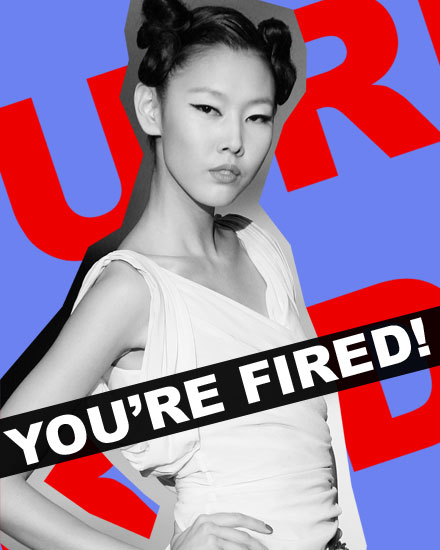
Do you have an angelic boss who has made accommodations for your illness? Or, have you been wedged out of your workplace, or cornered into a position where your job is so miserable you want to quit?
ABC News interviewed me today about asking for sick leave and keeping your job. I offered them lots of tips and advice, but they don’t work unless you follow them. (Duh.)
Lots of us are pals with our co-workers, bosses, and employers. Some workplaces can feel like home, family, and the center of our social lives. Sometime patients assume they don’t need to follow the rules because our bosses are supportive people who care about us. It’s easy vent to them about our medical woes, lean on co-workers for emotional support, and assume our boss will do everything in their power to accommodate our illness. Some will. And some want to but cannot.
Illness costs employers money. No matter how kind your company may be, sometimes it’s hard for them to afford the hike in health insurance rates caused by your illness. Your sick leave might slow a project down costing them more money. Or maybe they have to spend extra work hours finding and training your replacement.
I’ve met plenty young adults who are shocked when their chummy employer isn’t able to make friendly accommodations or even lets them go. That’s why I think it is important to avoid sloppy workplace boundaries. No matter how friendly the environment, I think it’s always best to play by the rules: Be formal, friendly, honest, prepared, concise and orderly about discussing your illness in the workplace.
Were you nervous about disclosing your illness to an employer? How has your employer responded to your illness? Is it consistent with how they treated you prior to your illness? Any surprises along the way from supervisors or co-workers?
Read more about tips for navigating workplace issues in Everything Changes: The Insider’s Guide to Cancer in Your 20s and 30s.
![]()
![]()


 “Everything Changes is, without doubt, the most forthright, emotionally sophisticated, and plain-old valuable book of its kind I've seen.”
“Everything Changes is, without doubt, the most forthright, emotionally sophisticated, and plain-old valuable book of its kind I've seen.”












